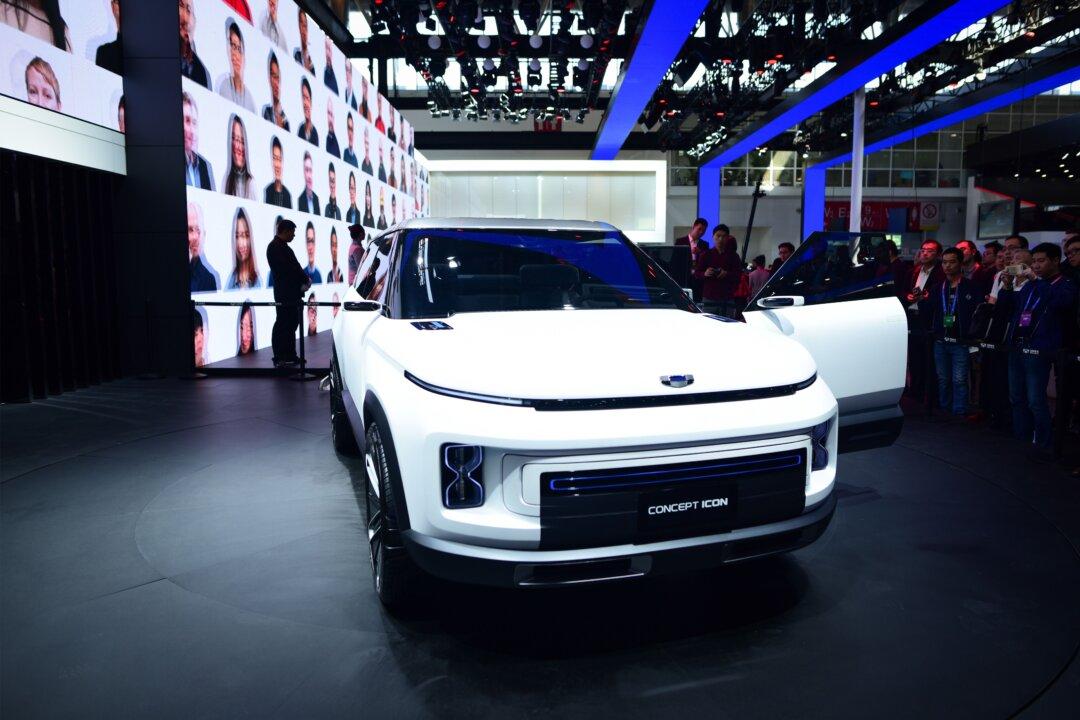News Analysis
China, the world’s largest automotive market, experienced its first annual decline in auto sales in more than two decades last year.

China, the world’s largest automotive market, experienced its first annual decline in auto sales in more than two decades last year.